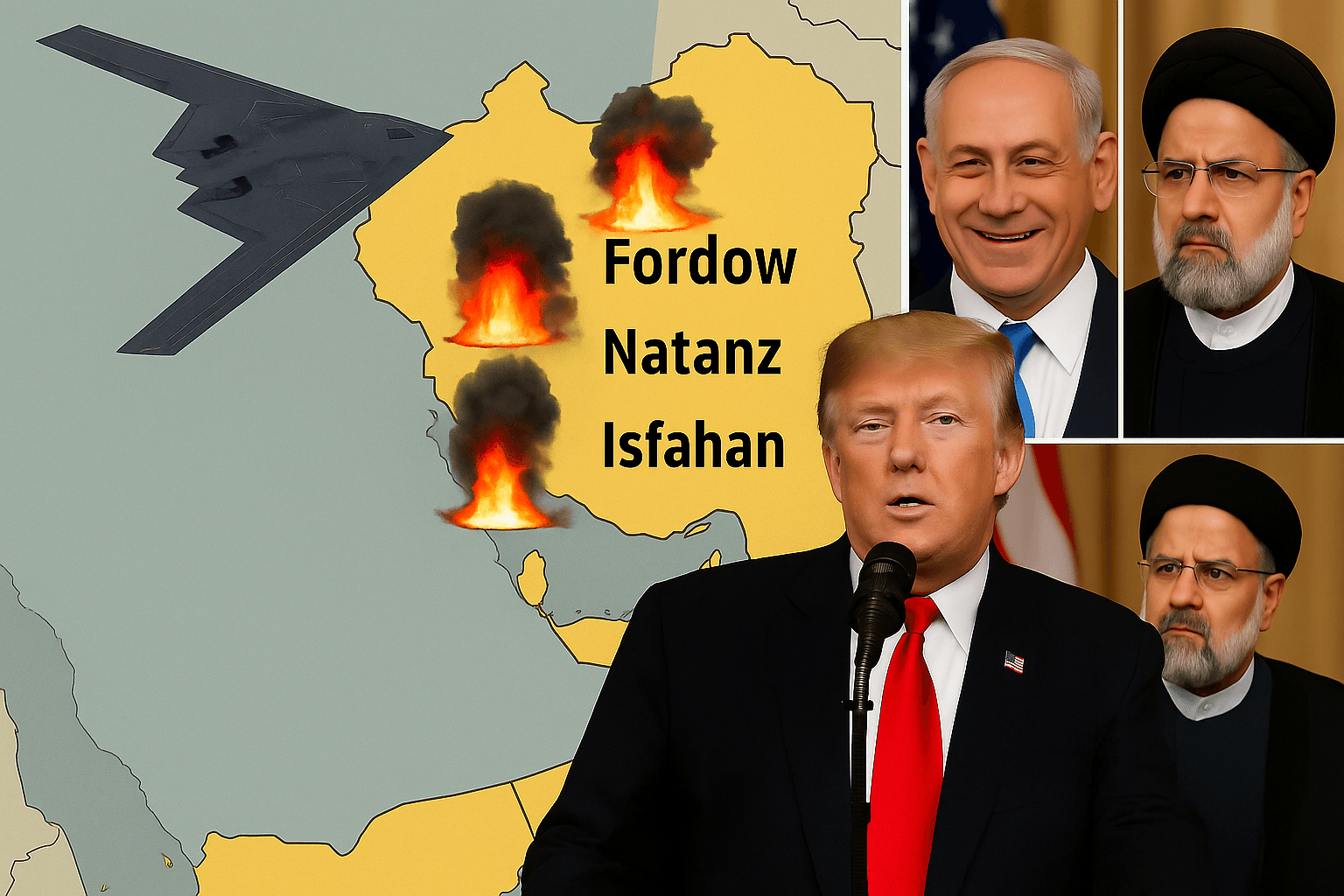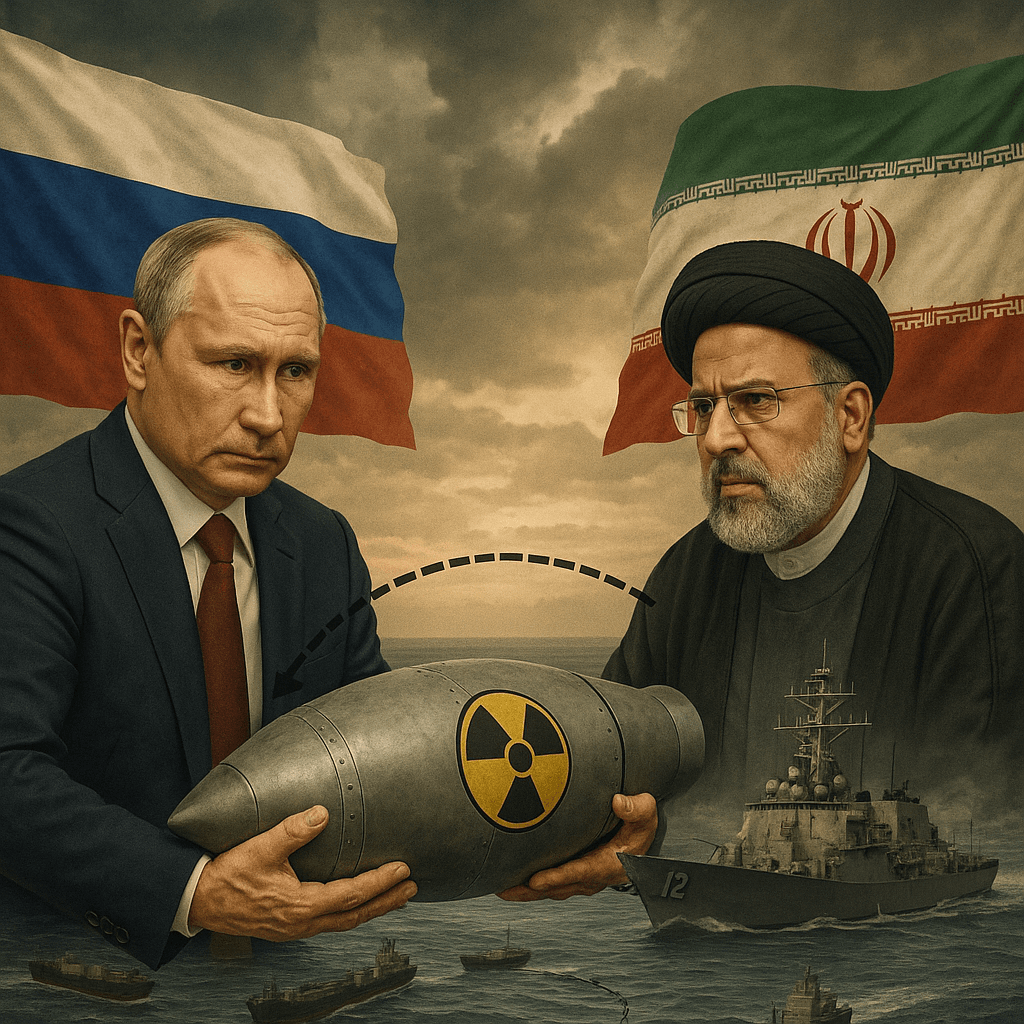Over the past few months, former U.S. President Donald Trump has been making quite a splash, I mean, he claimed credit for ceasefires, offered to mediate in Kashmir, and even given a shout-out to Pakistan’s efforts against terror. And, of course, those comments didn’t really sit well with a lot of people’s in India. Now, it looks like PM Modi’s recent diplomatic maneuver speaks volumes about that discontent.
At the G7 Summit in Canada, Modi got an invite from Trump to pop over to Washington D.C. — you know, just a quick flight away. Trump, with his usual flair, underscored how close the U.S. border is and rolled out a warm welcome. But guess what? Modi politely turned him down, citing that he had prior commitments.
India wasn’t about to let this slip by unnoticed. Foreign Secretary Vikram Misri stepped up and clarified a few things, addressing the timeline and debunking some claims. He made it clear that Modi and Trump didn’t have any chats during Operation Sindoor — which is a bit different from what Trump suggested. Their first conversation after the Pahalgam attack? It was all about India’s counter-terror strategies, with PM Modi making it crystal clear that India has its own game plan.
and he didn’t stop there.
Modi reminded Trump that India has never been on board with foreign mediation on issues like Kashmir. That one statement? It pretty much put a dent in several of Trump’s earlier claims.
Meanwhile, Pakistan’s Army Chief, Asim Munir, had a lunch meeting with Trump in the U.S, which seems to hint at a bit of a pro-Pakistan tilt in Trump’s attitude, at least for now. But back at the G7, Modi was seen sharing a light moment with French President Macron, throwing a playful jab about Trump’s latest social media antics — and it even made it into Macron’s highlight reel!
So, what’s the takeaway here? India isn’t interested in playing PR games.
That refusal to meet Trump wasn’t just about a busy schedule; it was more like a well-crafted statement about sovereignty, clarity, and sticking to principles. If anything, it’s a sign of India’s growing confidence in holding its ground — even when it comes to superpowers.



